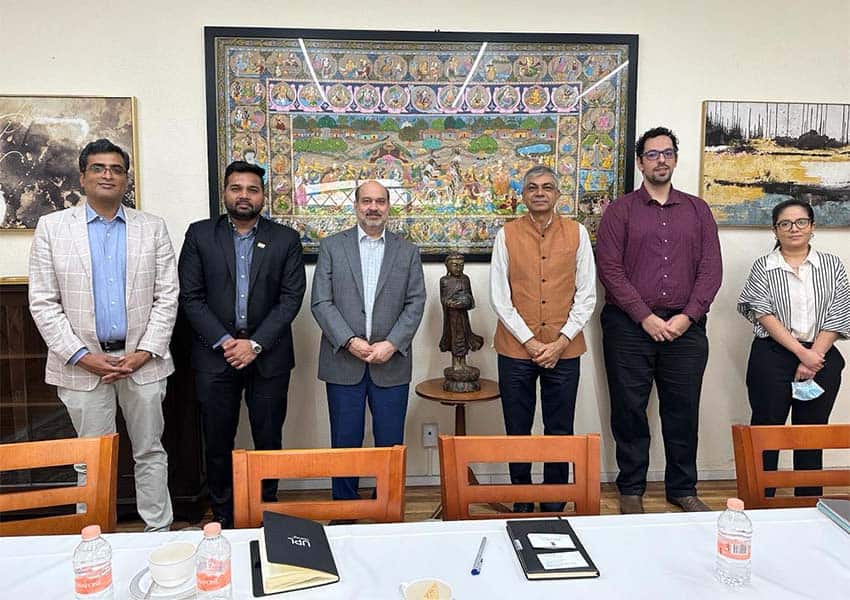In many ways, the automotive industry is the poster child for Mexico’s evolution as a manufacturing powerhouse. What was once a “Saturday Night Live” skit that I wrote about here is now a significant contributor to national GDP and a major source of jobs. The industry employs hundreds of thousands of people throughout the country and continues to take in significant foreign investment as the nearshoring boom gains momentum.
We at Mexico News Daily frequently write about the automotive industry, given its outsized importance, and are following two emerging trends that could accelerate not only the quantity but also the quality of jobs throughout the country.

The first trend is that of electric vehicle (EV) manufacturing, led by companies like Tesla, Volkswagen, Audi, BMW, as well as by several Chinese companies.
The second is the relocalization of not only these foreign companies’ manufacturing processes to Mexico but also increasingly large parts of their engineering and R&D departments. This trend means more well-paid professional engineering jobs being created in Mexico.
Enter Hinduja Tech, an India-based company focused on integrated product engineering and digital solutions for the vehicle industry. Hinduja Tech helps its business clients move engineering and R&D functions closer to where they’re already doing their manufacturing, to lower costs and improve product development speed.
Hinduja is currently on a hiring spree, seeking 100 mechanical and electrical engineers throughout Mexico to help its customers localize engineering capabilities.
I recently spoke with Vijay Malik, the company’s president of marketing and international sales to discuss Hinduja’s journey to Mexico.
After taking five years to hire its first 100 engineers in Mexico, Hinduja Tech is now looking to double that number this year alone. The company is confident it can grow both its personnel and revenue in Mexico by at least 25% per year going forward, Malik says, and he sees huge potential for growth given the acceleration of EV manufacturing moving to Mexico.

Having witnessed the power of localization and outsourcing of its customers’ engineering in India, the company now sees Mexico as “the new India” to follow that trend.
Hinduja Tech’s model aims to have approximately 70% of engineering work done in Mexico and the other 30% done remotely with specialized experts from India.
Imagine a Hinduja Tech Mexican engineer working in a Japanese, American, or European automobile plant in Mexico, collaborating with colleagues in India — a fascinating mix of globalization and regionalization.
Mexico has already demonstrated that it has the skilled labor force to make auto parts and assemble vehicles in huge quantities.
This new opportunity is to “move up the food chain” by providing higher-level, value-added services — in this case, engineering work — to capture more high-skill jobs in Mexico.
These are higher-paid, less labor-intensive jobs — ones that require a college degree and pay middle- and upper-middle-class salaries. These are exactly the jobs that Mexico needs to develop to improve standards of living.
The country is already making strides: while just a few years ago, few women graduated from Mexico’s university-level mechanical and electrical engineering programs, Hindjua Tech’s Mexico-based engineering team is currently made up of over 10% women; and the company expects that percentage to grow. Its human resources team is made up entirely of women, and the Mexico leadership team is 100% local talent.
We at MND are closely following how companies from around the world are investing in Mexico — increasingly in the tech and engineering sectors — and Hinduja Tech is an interesting example of a company doing just that.
Travis Bembenek is the CEO of Mexico News Daily and has been living, working or playing in Mexico for over 27 years.
